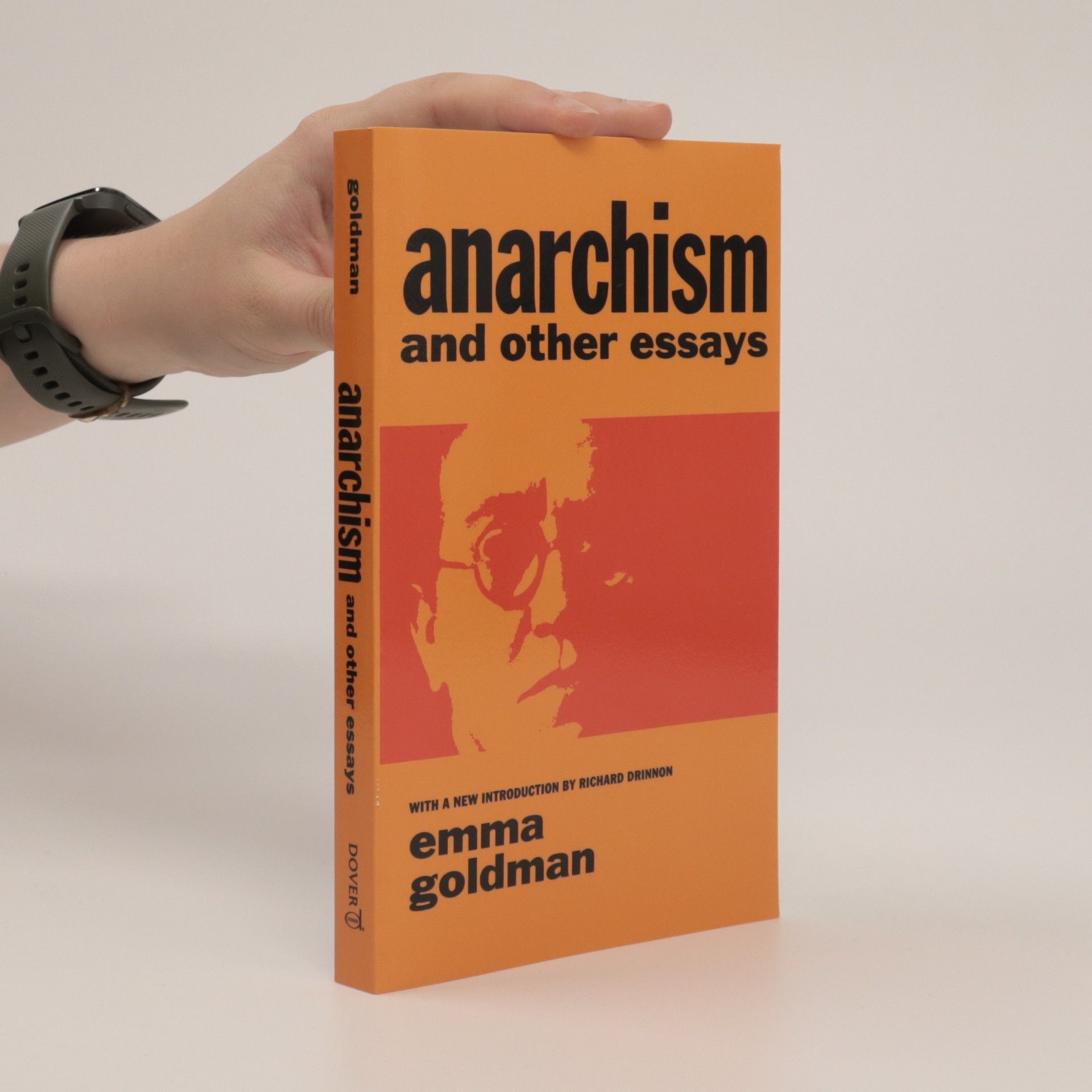Living My Life. Two Volumes in One
- 1028 pages
- 36 hours of reading
Radical thinker and writer Emma Goldman presents her life story and memories in Living My Life, first published in 1931. Originally two volumes, it is published here as a combined edition. From her arrival in New York as a 20-year-old seamstress, when she immediately launched into a life of activism and public agitation, she recalls her childhood in Lithuania, her immigration to the U.S. as a teenager, and her wild adventures as an independent and intelligent woman. An important and influential figure in such far-flung geopolitical events as the Russian Revolution and the Spanish Civil War, Goldman is one of the most storied people of the 20th century. And her story, in her own inimitable words, is one of the great biographies, and one of the great personal histories of a turbulent era. Anarchist and feminist EMMA GOLDMAN (1869-1940) is one of the towering figures in global radicalism of the late 19th and early 20th centuries. Born in Lithuania, she emigrated to the United States as a teenager, was deported in 1919 for her criticism of the U.S. military draft in World War I, and died in Toronto after a globetrotting life. An early advocate of birth control, women's rights, and workers' unions, she was an important and influential figure in such far-flung geopolitical events as the Russian Revolution and the Spanish Civil War. Among her many books are My Disillusionment in Russia (1925) and Living My Life (1931).


